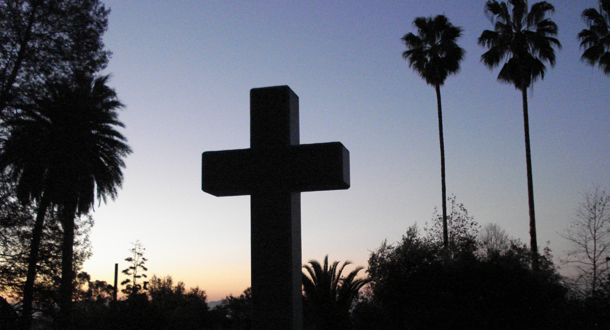Scripture:
Reflection:
How do you define success? Many would say they are successful if they achieve a desired goal, attain a benefit or favor, or even claim an elevation of status or position. Yet as we have been spending time in Acts of the Apostles, the stories of success are always colored and shaded by mishaps, setbacks, and difficulties. Clearly, today’s first reading illustrates this. In the first line, we are told that the Jews have already won over the crowds. And Paul ends up getting stoned and dragged out of the city. This doesn’t sound like a successful day. Yet Luke is quick to tell us that as they move on, they made a considerable number of disciples. Repeatedly the shadow seems to loom somewhere in the background. Paul’s quote, “It is necessary for us to undergo many hardships to enter the Kingdom of God” is a way of proclaiming to the community the light of grace and the shadow which is never far away. Note how Luke never gets overwhelmed by the negative. As a faith-filled person, he is filled with hope and optimism. Personally, I think it displays a virtue in Luke. His faith is rooted in the experience and knowledge of Christ and not in any particular whim or destiny.
That same kind of coloring exists in the Gospel. As Jesus declares that his peace is his gift to us, so too does he claim that the ruler of the world is coming. Jesus remains optimistic. He tells his disciples to not give into the popular doom mentality. Specifically, he says, “Do not let your hearts be troubled or afraid”, even as he tells them that he is going to the Father.
The voices which perpetuated apostolic times are still around for us today. As much as I’m disheartened by Christian evangelists who proclaim discipleship is a road of gold and glory, so too I’m saddened by messengers of hopelessness who regularly profess a gloomy world. In the scriptures, even amidst setbacks, our ancestors counted success in terms of God’s will. The powerful image of Jesus being the vine and we the branches reminds us of a fundamental connection that is bigger than any storm we may encounter. Church history reveals significant growth immediately following times of persecution. Why? I suspect it is a testimony to the believers who stayed focused on “the One who has overcome the world”. And thus the faith of the Church grew. Success then for us as people of faith is not something we attain by reaching particular goals or standards. It has far more to do with trusting in the one who has grafted us onto the vine.
Fr. David Colhour, C.P. is the pastor of St. Agnes Parish in Louisville, Kentucky.

